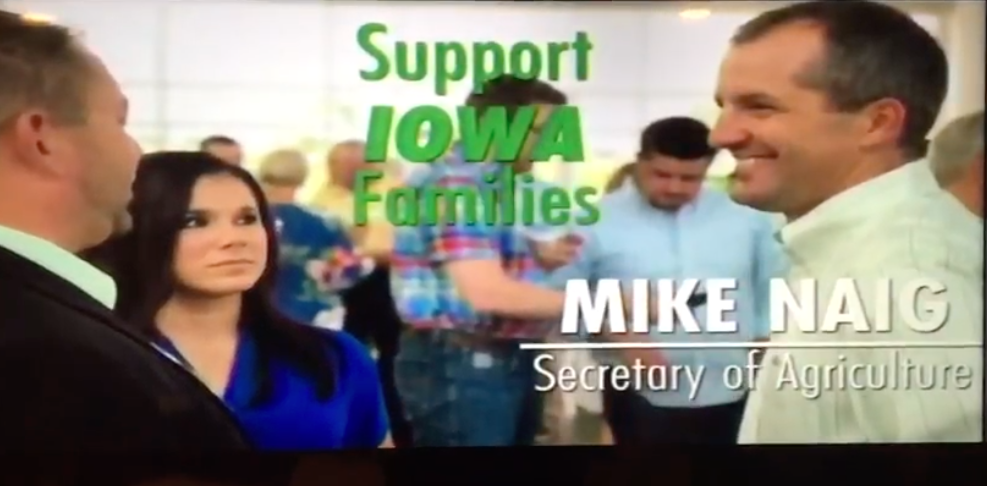Lyle Muller is a board member of the Midwest Center for Investigative Reporting and Iowa High School Press Association, a trustee of the Iowa Freedom of Information Council, former executive director/editor of the Iowa Center for Public Journalism that became part of the Midwest Center, former editor of The Cedar Rapids Gazette, and a recipient of the Iowa Newspaper Association’s Distinguished Service Award. In retirement, he is the professional adviser for Grinnell College’s Scarlet & Black newspaper. This article first appeared on his Substack newsletter.
It only took a few hours after my November 18 column about supporting local journalists to be published for Folience, the “100% employee-owned portfolio of companies with reputations for excellence,” to announce it had sold The Gazette newspaper in Cedar Rapids.
Also going to the buyer, Adams Multimedia of Minneapolis, are eleven community newspapers Folience owned through The Gazette.
“There’s a lot of processing,” Gazette Editor Zack Kucharski said Tuesday evening about his busy day talking through the sale and concerns with staffers, including those at some of the local papers. “It’s been a difficult day.”
I worked at The Gazette for 25 years as a bureau chief, reporter, and editor, so news of the sale stings. Of course, we should be used to the stings now. Another Iowa newspaper owner gone during the changing landscape for newspapers but also any news organization.
Continue Reading...






